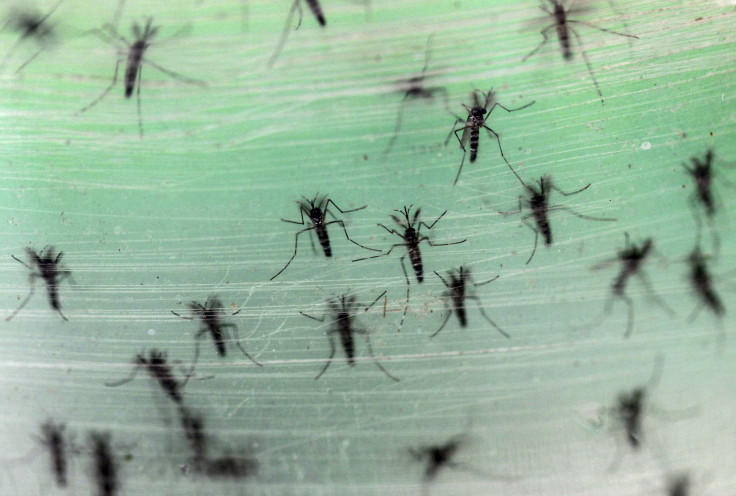Mosquito spit test improves early detection of viruses, reduces laboratory cost

Mosquito-borne disease could now be easily traced through a new technique developed for collecting mosquito saliva from the field. The mosquito spit test made monitoring mosquitoes both more sensitive and inexpensive in Australia, which provides new methods for predicting and controlling outbreaks.
A report, published in The Conversation, said public health warnings and mosquito control remain central in Australia, which requires mass collections of mosquitoes shipped live to laboratories for scientists to analyse and search for traces of viruses. The new spit test technology helps to improve field detection of viruses and reduces the cost of virus hunting, the authors said.
The spit test also allows scientists to identify only mosquitoes capable of infecting someone with the virus, as most mosquitoes are capable of picking up the virus, but not all can’t pass it. The traditional virus-hunting technique couldn’t show if a mosquito is capable of infecting someone with a virus.
Authors Craig Williams, associate professor in Biology at University of South Australia, and Emily Johnston Flies, PhD student in Disease Ecology at University of South Australia, said detecting viruses in wild-caught mosquitoes through the new technique provides more detail of disease transmission cycles and allows scientists to understand the complexities of disease ecology. And it requires inexpensive shipments of live mosquitoes for analysis.
Mosquito saliva is collected through spat-on cards. The technique uses a coat of honey on each card to convince mosquitoes to spit a saliva sample.
Thousands of mosquitoes can spit on a single card, and the collected saliva will be processed in a laboratory where the genes are “amplified,” through enzymes to probe the cards for virus genes. The genes will be copied, analysed, and only the infectious disease-carrying mosquitoes are identified.
The cards offer benefits as it can be shipped without refrigeration, with lesser time and money needed to spend in the lab, according to the authors. “Initial field trials in Queensland and then the Northern Territory showed viruses could be collected in the field. The idea is now being rolled out in New South Wales, Western Australia and South Australia,” they wrote.
The “honey cards collecting mosquito spit” could change the idea on mosquito-borne disease transmission and open up new avenues for enhanced surveillance strategies. Mosquito spit tests could enable early detection of viruses such as chikungunya and zika, which are currently threatening Australia. The technique could help “safeguard” the people from the infections.
Contact the writer at feedback@ibtimes.com.au or tell us what you think below




















